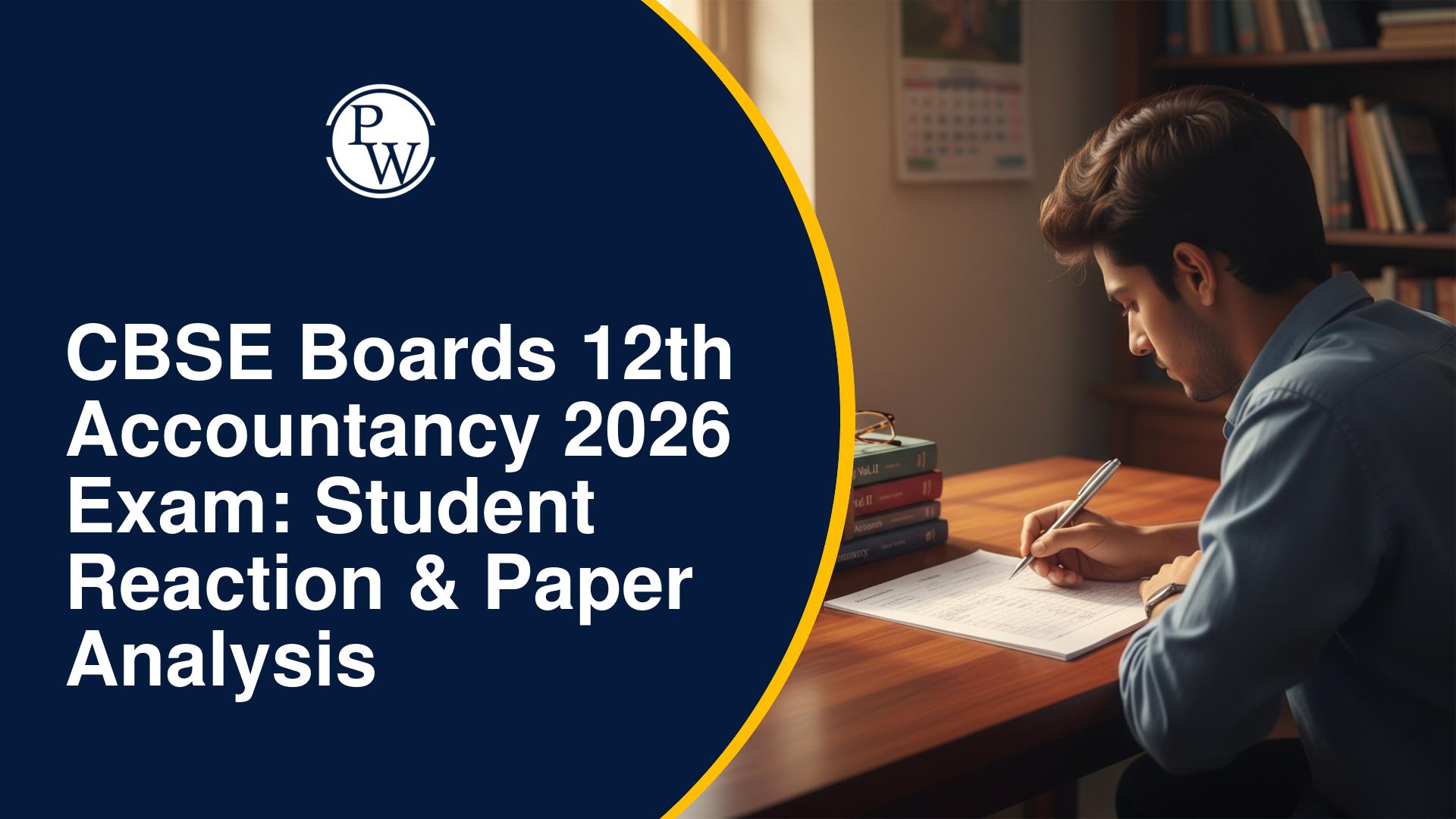
How to Solve Case Study Based Questions in Business Studies: Case study-based questions in Business Studies are designed to test students' analytical skills, conceptual understanding, and ability to apply theoretical knowledge to real-world scenarios. These questions often appear in board exams, competitive exams, and professional courses, making it essential for students to develop a structured approach to solving them effectively.
Understanding Case Study-Based Questions
Case studies present real or hypothetical business situations, requiring students to analyze, interpret, and provide solutions based on Business Studies concepts. They may cover topics like marketing, finance, human resource management, and business environment. A structured approach is essential to decode the question and deliver a well-thought-out answer.
Steps to Solve Case Study-Based Questions in Business Studies
Below we’ve mentioned some steps that students can follow to solve case study based questions in business studies effectively:
Read the Case Study Carefully
Before attempting the question, read the entire case study thoroughly. Pay attention to details, including:
The business situation described
Key stakeholders involved
Challenges or problems faced by the business
Any numerical or factual data provided
Understanding the context is crucial for identifying the appropriate Business Studies concepts that can be applied.
Also Read: Top Tips to Increase Your Focus for Commerce Board Exam
Identify the Core Issue
After reading, determine the core problem or issue in the case study. This could be related to:
Business expansion
Marketing strategy
Financial management
Leadership and decision-making
Identifying the core issue will help in framing the answer around relevant Business Studies principles.
Highlight Key Keywords and Concepts
Examiners look for how well students integrate subject knowledge into their answers. Identify and underline keywords such as:
Business environment
Organizational structure
Consumer behavior
Profitability and loss
Using relevant terms ensures clarity and demonstrates a strong conceptual understanding.
Recommended Books: CBSE Class 11 Business Studies Chapter-wise Textbook l 500+ MCQs and Practice Questions with Detailed Solutions and Flowcharts For 2025 Exam
Apply Relevant Theoretical Knowledge
Once the core issue is identified, recall Business Studies theories, principles, or models that relate to the problem. Some common frameworks include:
SWOT Analysis (Strengths, Weaknesses, Opportunities, Threats)
Maslow’s Hierarchy of Needs (for HR-related issues)
Marketing Mix (4Ps) (Product, Price, Place, Promotion)
Financial Ratios (for investment and profitability analysis)
Applying these concepts effectively strengthens your argument and makes the answer structured.
Recommended Books: CBSE Class 12 Business Studies Volume 1 All CBSE Theoretical Concepts, Mind maps and Concise Summary For 2025 Exam
Volume 2: CBSE Class 12 Business Studies Volume 2 All CBSE Theoretical Concepts
Frame the Answer in a Logical Structure
A well-structured answer should follow this format:
Introduction: Briefly state the business situation or problem.
Analysis: Explain the problem using Business Studies concepts.
Solution/Recommendation: Provide a logical solution based on business theories.
Conclusion: Summarize the findings and suggest an optimal way forward.
Recommended Books: CBSE 15 Sample Question Papers Class 12 Business Studies for 2024 Exam (Mock Test Paper)
Support with Examples
Using real-life business examples can enhance the quality of your answer. For instance, if a case study involves an expansion strategy, referring to companies like Tata, Reliance, or Infosys can make the answer more relatable and impactful.
Answer in Points for Clarity
Business Studies answers should be easy to read and understand. Use:
Bullet points for listing key ideas
Short paragraphs for explanations
Headings and subheadings for better organization
This ensures clarity and helps examiners quickly grasp the main points of your response.
Common Mistakes to Avoid
While solving case study-based questions in Business Studies, students often make mistakes that can impact their scores. Avoid these errors:
Skipping important details: Ignoring key facts can lead to an incomplete answer.
Lack of structure: Writing answers in long, unorganized paragraphs can make it difficult to read.
Not linking theories with answers: Solutions should be backed by Business Studies concepts, not just personal opinions.
Ignoring word limits: Lengthy, irrelevant explanations can reduce clarity and impact scores.
Practice Strategies for Case Study-Based Questions
To excel in solving case studies, practice is essential. Here are some effective strategies:
Solve past year question papers: Reviewing previous exam questions helps identify patterns and common topics.
Discuss with peers: Group discussions enhance understanding by exposing different perspectives.
Follow structured study materials: Use NCERT textbooks, reference books, and online Business Studies resources.
Time-bound practice: Solve case studies within a set timeframe to improve speed and accuracy.
Understanding How to Solve Case Study-Based Questions in Business Studies requires a combination of critical thinking, conceptual clarity, and structured presentation. Students can enhance their problem-solving skills and perform well in their exams by carefully reading the case, identifying key issues, applying relevant theories, and presenting a logical response. Regular practice and avoiding common mistakes improve accuracy and confidence in handling case study-based questions.
By following these techniques, students can approach Business Studies case studies with confidence and precision, ensuring better results and a stronger grasp of business concepts.
How to Solve Case Study-Based Questions in Business Studies FAQ
Why are case study-based questions important in Business Studies?
How can I improve my ability to solve case study-based questions?
What are some common business theories used in case study answers?










